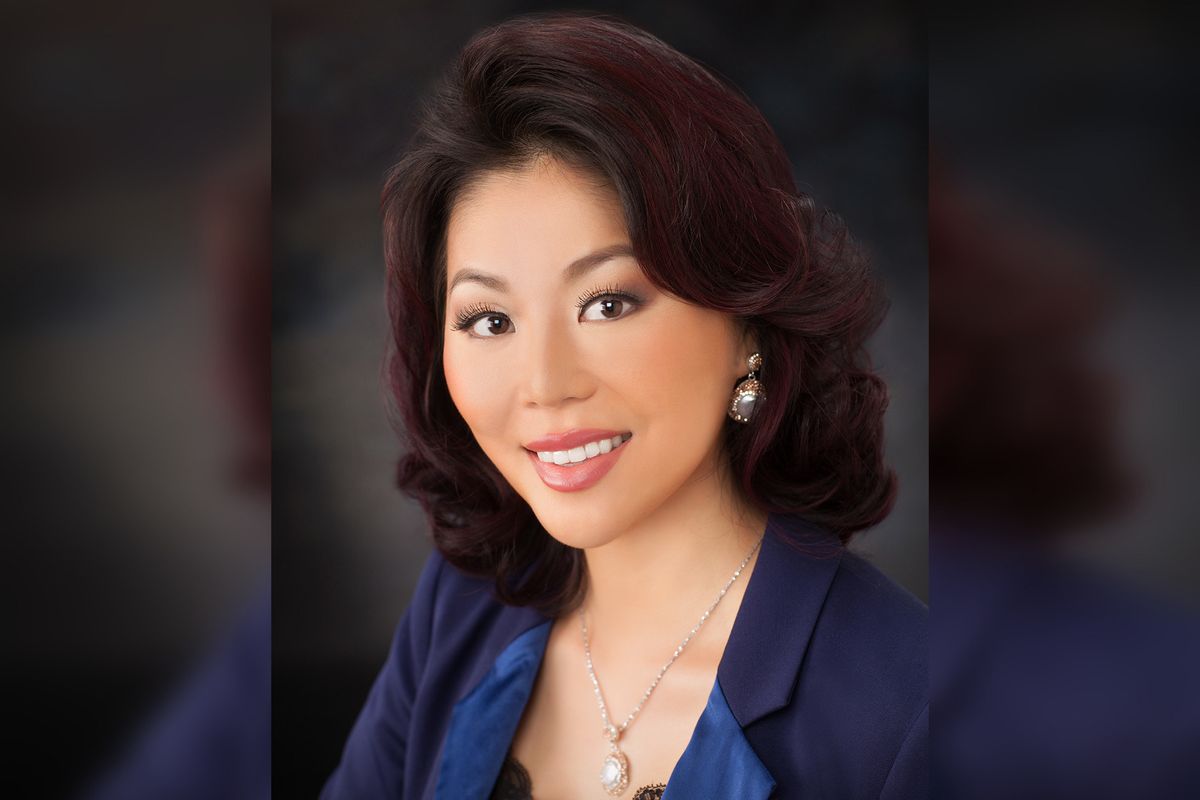Editor's note: In today's Monday roundup of Houston innovators, I'm introducing you to three innovators — from health care investing to marketing technology — all making headlines in Houston this week.
Ayse McCracken, founder and board chair of Ignite Healthcare Network

Ayse McCracken joins the Houston Innovators Podcast to discuss women in health care and Ignite Madness. Photo courtesy of Ignite
When the pandemic hit and shut down businesses across the world, Ayse McCracken knew immediately what group of people were likely going to be the most affected: Women in health care. It just so happens that her nonprofit organization, Ignite Healthcare Network, exists to serve this same group of people, so she got to work on creating online events that were intentional and meaningful.
"With COVID, it has only escalated the importance of our work, so we've elevated our voices through our webinar series," McCracken says on this week's Houston Innovators Podcast.
This week, Ignite's virtual startup competition concludes with the finals. She shares more about the program and Ignite's mission on the episode. Click here to read more and stream the episode.
Philipp Sitter, founder of VIPinsiders

Restaurateur Philipp Sitter launched VIPinsiders last year. Photo courtesy of VIPinsiders
Restaurants have undoubtedly suffered due to loss of business during the shutdown, but they face an uphill battle back to normalcy, and restaurateur Philipp Sitter knew his tech tool could help. He created VIPinsiders as a marketing tool to reach customers in a data-driven way.
"The restaurant gets to know me [the customer], it understands how often I visit, it also gets to reward my visitation," explains Sitter. "Most importantly, it reminds me to come back when I haven't visited in a while."
Data recorded by VIPinsiders shows that 48 percent of users visit restaurants with the platform "more often" in the first 90 days. Click here to read more.
Diane Yoo, managing partner at Medingenii

Diane Yoo, who was hospitalized due to COVID-19 earlier this year, created a VC fund that's investing in health tech solutions for the disease. Photo courtesy of Medingenii
Just a few weeks after being hospitalized from COVID-19, Diane Yoo was investing in a medical device startup that could have made a world of difference to her recovery. After closing its initial fund, Medingenii invested in several Houston health startups including Vitls, a wearable device that can track and send vitals remotely.
"The pandemic has really validated some of the business models we're invested in," she tells InnovationMap.
Now, fueled by her first round of success and eager to advance other life-changing technologies, Yoo is looking toward a second fund. Click here to read more.


 Apple doubles down on Houston with new production facility, training centerPhoto courtesy Apple.
Apple doubles down on Houston with new production facility, training centerPhoto courtesy Apple.

